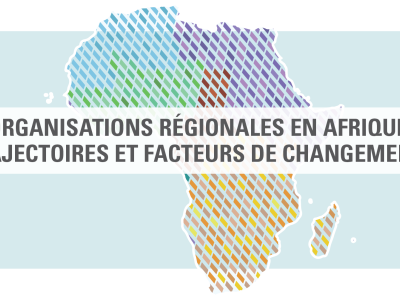
Shopping for Raw Materials: Should Africa be Worried about EU Raw Materials Initiative?
Background
In the context of the exponential increase in the demand for raw materials, resource-dependent countries such the European Union (EU), the United States (US), China, Japan and South Korea have adopted strategies and policies to prevent supply risks and to secure access of raw materials. Africa has become a region of strategic importance for these resource-dependent countries, as a major supplier of fuel and raw materials.
Since 2002, most African countries have entered into Economic Partnership Agreement (EPA) negotiations with the EU. In 2008, the European Union adopted an integrated strategy to ensure sufficient market access to raw materials at fair and undistorted price and on non-discriminatory terms, better known as the The Raw Materials Initiative. This Raw Materials Initiative aimed at providing a policy response to Europe’s growing concerns regarding access to raw materials. The EU’s request to Africa to eliminate export restrictions has raised increasing concerns among many African countries, who felt that EU’s particular inflexibility about this issue was linked to ensuring undistorted access to raw materials.
Key Purpose of ECDPM Study
This paper provides an overview of the strategies developed by resource-dependent countries with a view to securing access of raw materials and the likely implications these may have on African mineral-rich countries. While the focus of the paper is on the EU and its Raw Materials Initiative, it also gives a general overview of similar strategies taken by the United States, Japan, China and South Korea. The paper provides options African countries could consider at the national, regional and international level to respond to the increasing challenges in the face of resource-dependent countries’ increasing hunger for raw materials.
Key Findings of ECDPM
The choice of economic and trade policies that are needed for industrialisation and development needs should rest in the hands of individual African countries.
At the national level, reducing dependence on raw materials for revenue generation will require profound structural economic transformation in many African countries. These would include economic reforms to encourage diversification both within the mining sector, by moving up the value chain and outside the mining sector, by using revenue generated from the mining sector to invest in other productive sectors.
At the multilateral level, discussions at the WTO regarding the treatment of export taxes are likely to be high on the agenda of those countries that have a high demand for critical raw materials.




